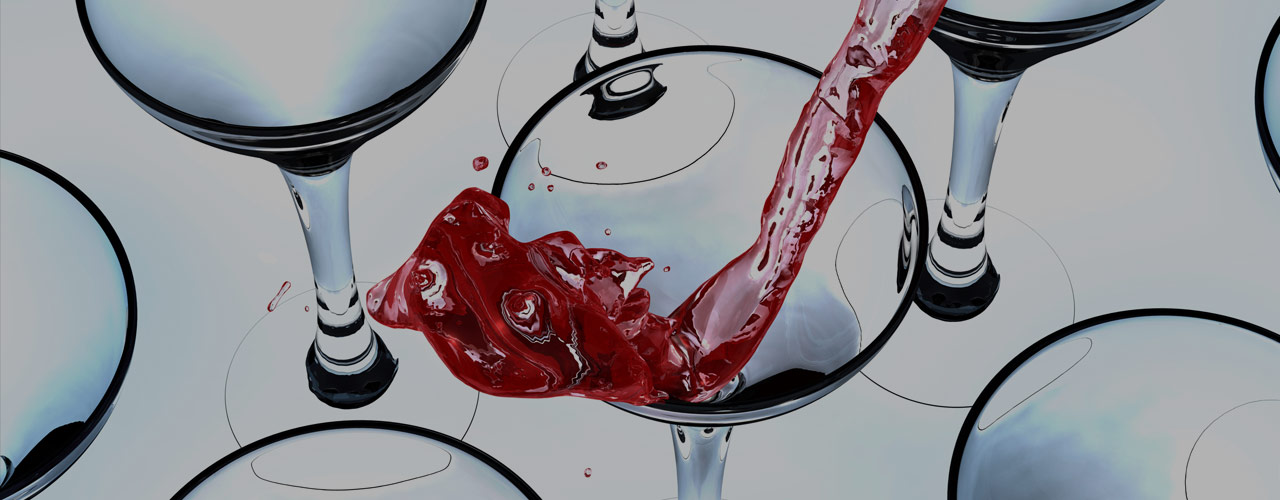Do you ever wonder why certain wines can’t be ordered by the glass and only by the bottle?
Imagine a world where every cocktail you served tasted the same no matter which bartender made it, and every glass of wine stayed as fresh as the first. You can stop imagining now because taps aren’t just for beer anymore! Serving wine and cocktails on tap is becoming a popular trend in many restaurants and bars. Having these drinks ready to serve straight from the tap not only cuts down on drink preparation time, but it also ensures consistency among drinks. In this article, you’ll learn whether or not these systems are beneficial in your particular establishment, and if they are, we’ll give some recommendations for your setup.

Wine on Tap
Once a bottle of wine is uncorked, the wine begins to oxidize. Oxidation changes the taste of the wine the longer it sits in the bottle, even if it's recorked. If someone orders a glass of wine from a bottle that’s been opened a week previously, it won’t taste nearly as fresh, and it won’t have the flavor it should. More often than not, the glass will be sent back, and the bartender will have to pour out the entire bottle of wine. That’s why it’s too risky for many establishments to offer wine by the glass. But now, there’s a solution to this wine wasting!Do you ever wonder why certain wines can’t be ordered by the glass and only by the bottle? Truth is wine is a tricky beverage. Traditionally, it goes through a rather pricey packaging process. It has to be bottled, labeled, printed, sealed, and cased. Then, the cases finally get shipped to the restaurant or bar who has to pay for all of those costs. If all the wine is sold in a timely fashion, then it’s no big deal. But, for many establishments, someone will order a single glass of premium wine, and then that wine won’t get ordered again for some time after.
